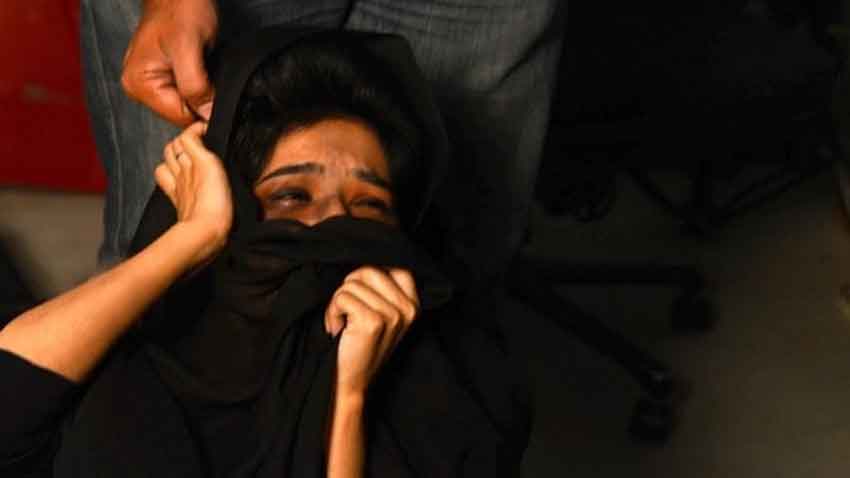
Justice Ayesha Malik authored the 17-page judgment, setting aside earlier rulings of the Peshawar High Court and the Family Court. The apex court ruled that a husband’s second marriage without permission is a valid reason for a woman to seek dissolution of marriage.
The judgment stressed that “psychological suffering is as grave as physical harm,” and directed all courts to use respectful and careful language when dealing with cases involving women. It also clarified that Parliament had not just defined cruelty in law but had given several examples to explain its scope. These examples, the court said, were not final but meant to guide judges in recognizing other forms of abuse.
According to the verdict, cruelty is not limited to physical violence. Any act or pattern of behavior that causes emotional pain, humiliation, or mental distress — and makes it impossible for a woman to live safely and respectfully — also falls under cruelty. The court further noted that false accusations, verbal abuse, and emotional neglect are forms of cruelty, even if no physical injuries occur.
The Supreme Court observed that if the effects of such behavior are severe enough to make marital life unbearable, it will legally be considered cruelty. It cited international human rights conventions, including the International Covenant on Civil and Political Rights, which prohibit cruel, inhuman, or degrading treatment — principles that also apply to domestic abuse cases.
The top court accepted the woman’s petition and annulled the earlier decisions of the Family Court, the Appellate Court, and the Peshawar High Court. The court ruled that the woman’s marriage stood dissolved due to her husband’s second marriage and that she was not required to return her mehr (dowry payment).
The verdict explained that the Family Court had mishandled the case by ignoring key arguments and evidence. It also stated that the court wrongly declared the mehr unpaid and treated it as waived in exchange for divorce — an interpretation the Supreme Court rejected.
Read more: IHC rules against FBR’s advance tax recovery without notice
This judgment is being hailed as a turning point in Pakistan’s legal protection for women. By equating mental and emotional abuse with physical violence, the Supreme Court has expanded the definition of cruelty and strengthened women’s rights in family law. The ruling ensures that women suffering emotional harm in marriage can now seek justice with greater clarity and confidence.




